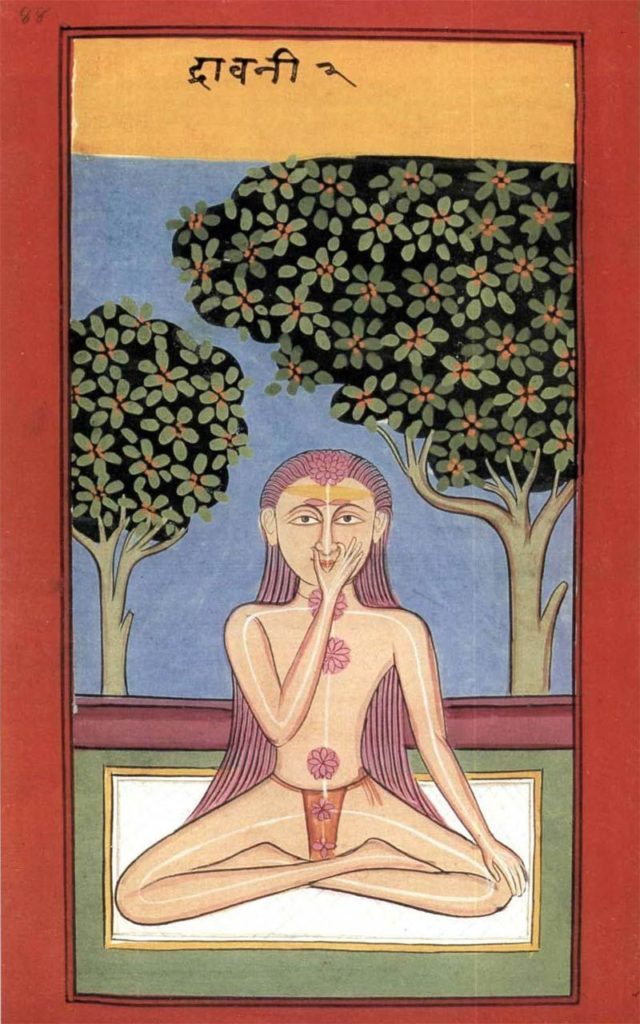What if I told you that 250+ asanas were revealed to meditating yogis 10,000 years ago on the banks of the sacred Ganges River in India? OR . . . What if I told you that many of the 250+ asanas were designed in the early 20th century by yogis who were seeking to combat the British Empire that ruled in India until 1947? Which version of history is true? Maybe neither? Maybe parts of both? How would you even figure it out? Do you really know what happened 5000 years ago? 50 years ago? 5 years ago? And truly, what exactly happened yesterday?
If you are one of the 20 million+ people in America for whom yoga is a mind-body-soul practice and/or profession, is it important to know its history? Perhaps not, because what matters most is our experience that yoga is life enhancing. Carpe diem! Seize the day, live in the moment, focus on the “now” (‘atha’ in Sanskrit, see Yoga Sutra 1.1). People do not usually say, “I feel worse than before I took this asana class. . . Yoga ruined my life. . . I hate my toned body.” What matters is that yoga makes me feel great in so many ways. Who cares what happened hundreds or thousands of years ago in a galaxy far, far away?!

But knowledge is power. And understanding the past will help us live a more fully informed, disciplined, and successful life. Do you know that the common word “hatha” means “violence or oppression”? The original meaning and practices are different from what many people think of as “hatha-yoga” when they take and teach classes in America. Let’s talk about that and the fact that so many things are not what they seem to be. Have you explored the website “Fake Buddha Quotes”?
Examining the past also helps us shape the future. If we know about the many yoga traditions of bygone eras, we can more responsibly participate in discussions about what yoga can and should look like today and tomorrow.
As a friend recently said, “history is for the heroic.” Who wants to dive into their past to find that things are not exactly what they seemed to be? It can be a tough ride. But it will also be illuminating and empowering. Which is why studying history is a component of yoga, possibly limb 1.5 in Patanjali’s Eightfold Path.
P.S. What if I told you that Morpheus never said “What if I told you. . . “? It’s a Matrixy life.
Register now for this Embodied Philosophy online course, Roots and Branches of Yoga, a 4 week course starting October 17, 2019.
Marcy Braverman Goldstein, Ph.D. received doctoral training at University of California, Santa Barbara and in India, and has taught at UNC Charlotte, Davidson College, and The Stan Greenspon Center for Peace and Social Justice. As founder of Sanskrit Revolution, Marcy teaches Sanskrit, yogic speech, history, and philosophy at studios and festivals nationally. Drawing from her academic background and yoga practice, she creates classes that illuminate the language and culture of yoga, deepen people’s knowledge, and inspire personal growth.

